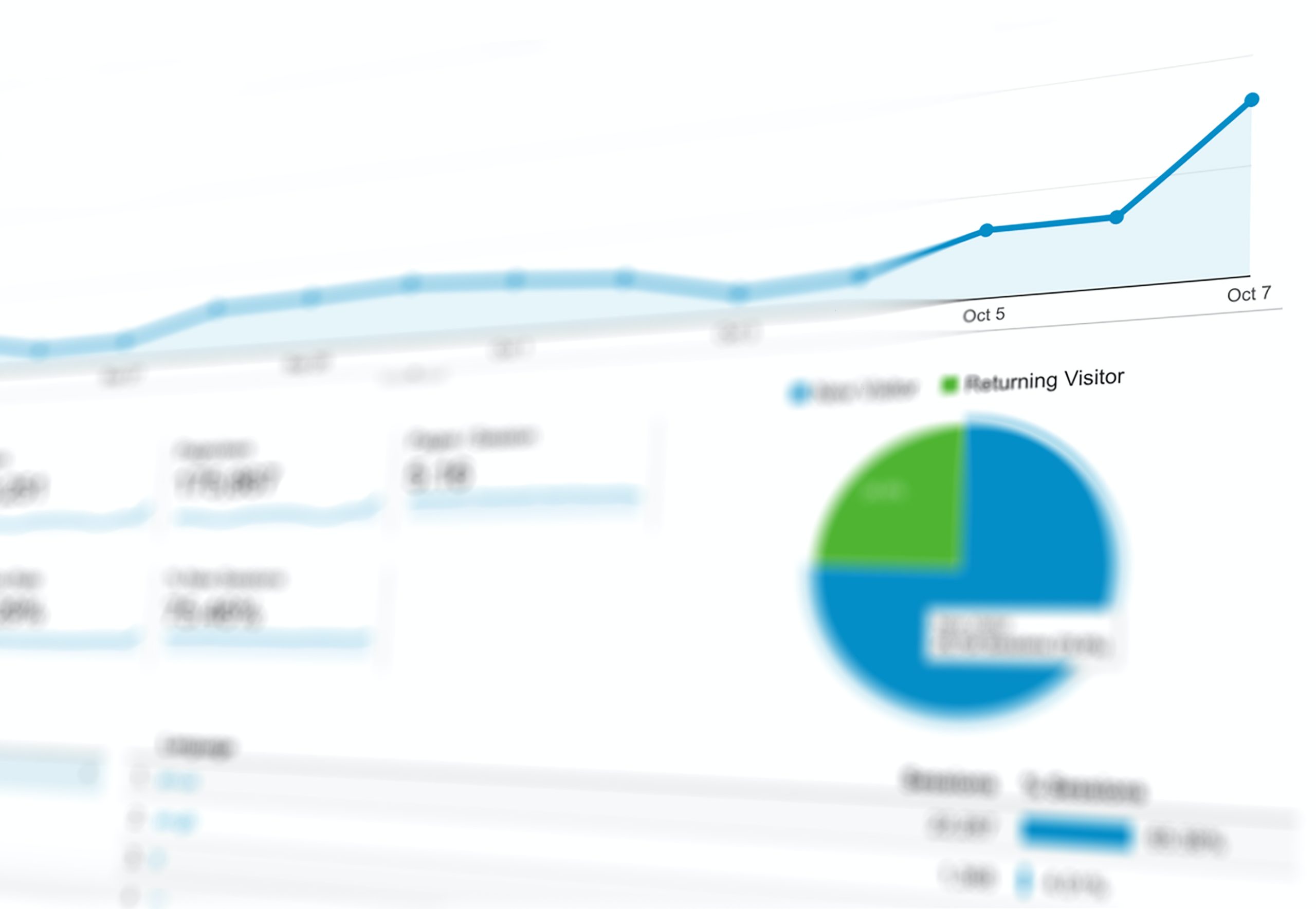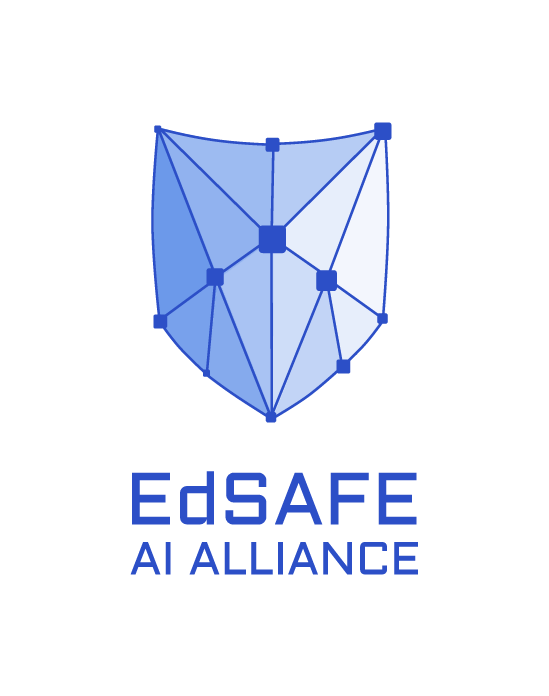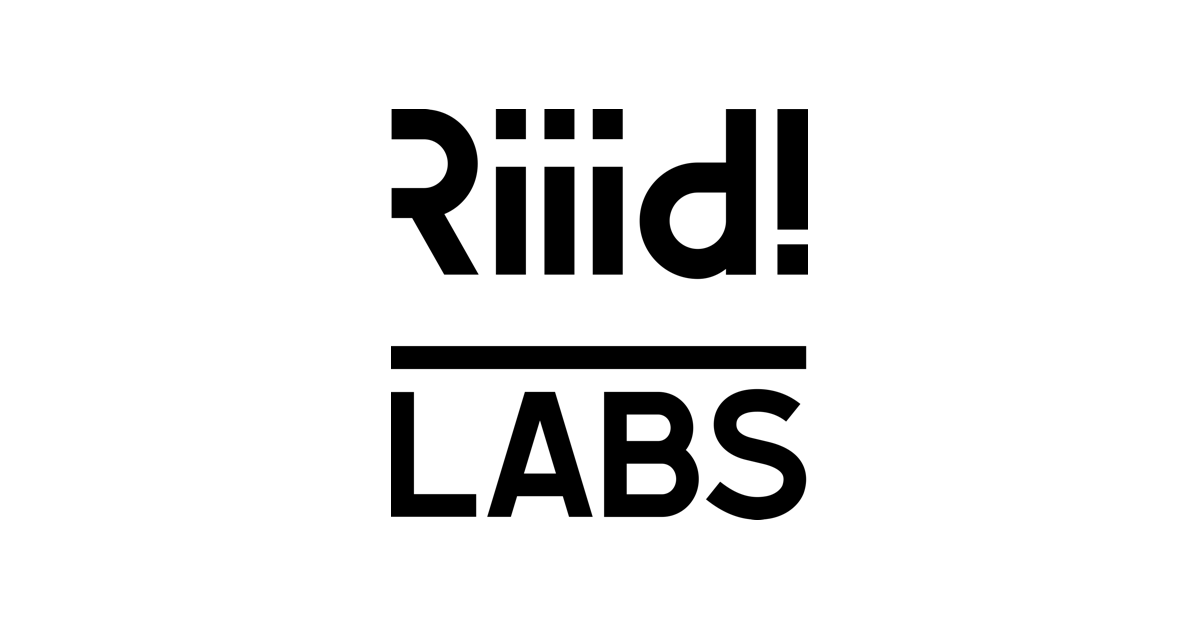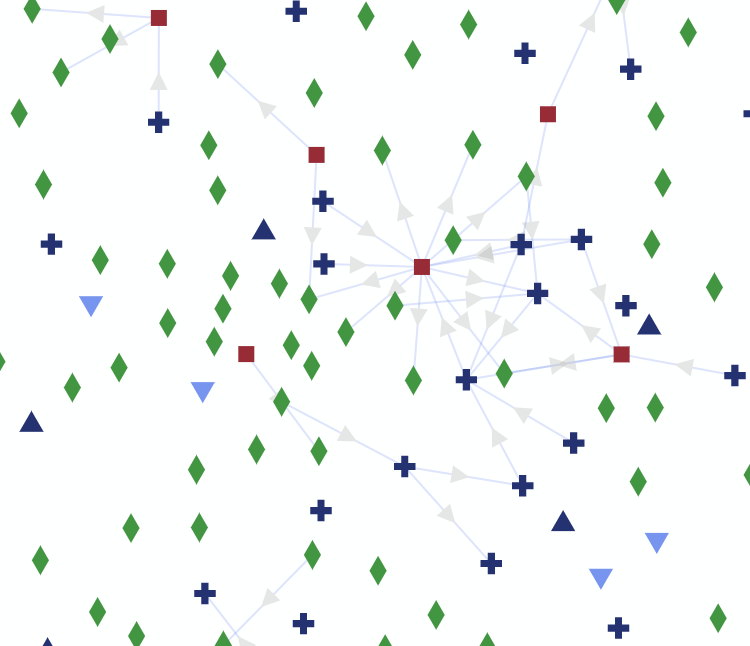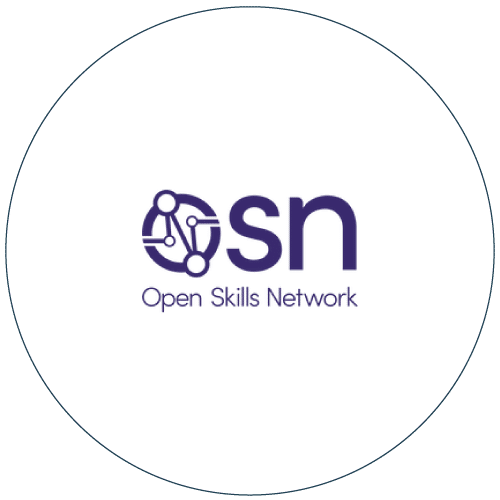At DXtera, we find ourselves engaged in numerous communities and projects related to “learner records” and the need to support a learner’s ability to more easily share their own records as needed. This is certainly one of today’s hot topics, and it is a key issue related to student and workforce success from K-12, higher education, further education, industry training, and workforce development. Multiple national efforts in the US, led by Federal agencies and large-scale collaborations such as the T3 Innovation Network, have included this as a critical component needed in the technology infrastructure to support the Future of Work*. It is also driving related efforts to better understand and map skills taxonomies and learning outcome frameworks for the purposes of supporting more effective learning paths that will ultimately meet the needs of employers.
DXtera views learner records primarily from the system design and integration perspective. We are keenly interested in addressing the challenges of secure, authorized, real-time access to learner record information as required by those with the agency over those records, particularly the record holder, but also including the issuers and consumers of records. Where these records are managed in legacy information systems, DXtera is building integration connectors and exposing software interfaces and protocols to help reduce the friction in dealing with this information. As part of DXtera’s mission of promoting next-generation education systems, we are sharing our expertise and technologies and leading community activities.
Behind our work is the holistic domain model of the Open Service Interface Definitions** (OSIDs). The OSID’s represent the largest known educational system domain model, defining thousands of interface definitions required to achieve real-time integration across the various systems found in higher education. Because the scope is so vast, the OSID definitions can be daunting to explore and implement without some guidance.
Understanding how the holistic model of the OSIDs deals with learner records actually represents a great opportunity for exploration. To this end, DXtera has published a Learner Record Domain Model examination based on understanding the learner record and the many of the other specifications that it touches.

The examination starts by looking at the “Chronicle” model, which is the term the OSID specifications use to refer to an individual’s official, institutional “academic” or “learner” record. It also looks at the “Learning” model, which is the model that covers learning outcomes, competencies, or job skills. There is growing agreement that these are critical components of the learning record landscape. Other models are also explored. These include definitions of “Courses”, “Programs” and “Credentials” along with examining how to define completion “Requirements,” among others.
Our intention with publishing this Learner Record Domain Model examination is to help accelerate conversations around learner record integration and interoperability. As a reference document, it also helps in navigating the world of enterprise systems, developing standards, and new technologies being leveraged to solve the problem of sharing learner records.
*Investing in American Worker’s to Expedite Economic Recovery: A Call to Action by the American Workforce Policy Advisory Board. May, 2020. Document Link


